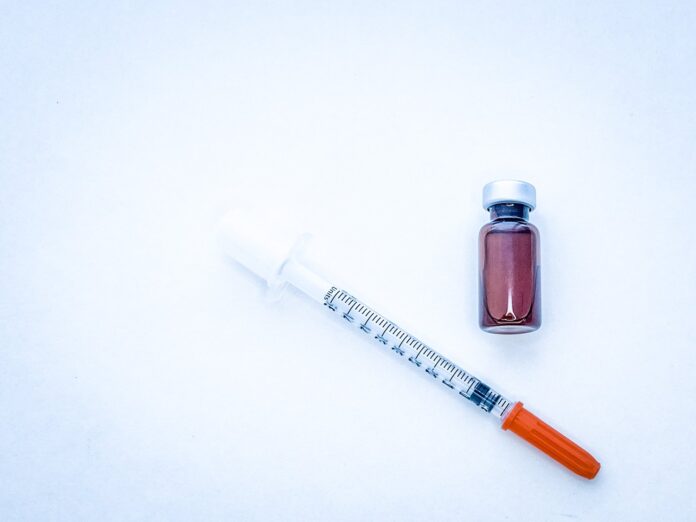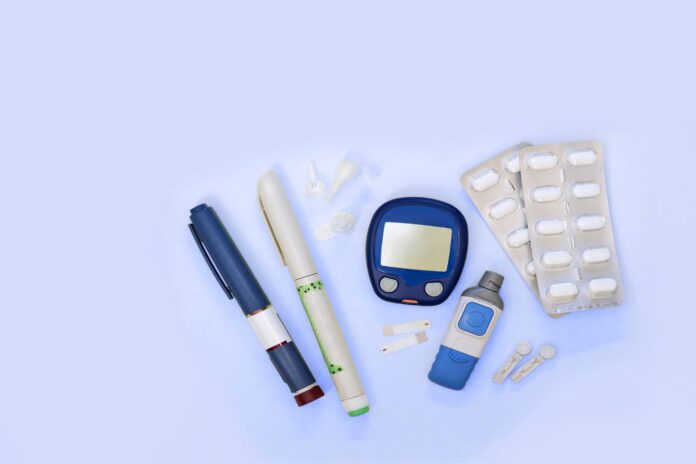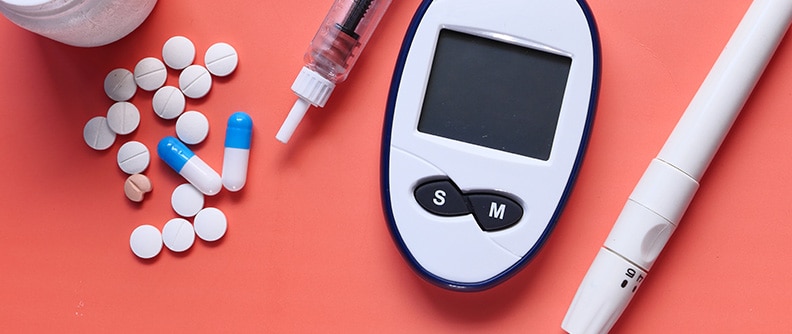Living with diabetes is a daily challenge. From monitoring blood sugar levels to making dietary adjustments, it’s a constant battle to maintain balance.
One crucial part of managing diabetes is choosing the right medication. Recently, semaglutide has been making waves. But how does it stack up against other diabetes medications? Let’s break it down and see which one sucks less.
What is Semaglutide?

Semaglutide is a GLP-1 receptor agonist. That might sound like a mouthful, but it simply means it helps the body produce more insulin and less glucagon.
Both of these actions work to lower blood sugar levels. Semaglutide is available in two forms: as an injectable (Ozempic) and as a pill (Rybelsus). It has gained popularity because of its effectiveness in controlling blood sugar and potential for weight loss.
For more detailed information, you can check out semaglutide San Antonio.
How Does Semaglutide Compare?
Pros of Semaglutide

- Effective Blood Sugar Control: Semaglutide has shown significant results in lowering A1C levels.
- Weight Loss: Many people using semaglutide experience weight loss, which is a bonus for those with type 2 diabetes.
- Convenience: The once-weekly injection can be more convenient than daily medications.
Cons of Semaglutide
- Side Effects: Common side effects include nausea, vomiting, and diarrhea.
- Cost: It can be expensive without insurance coverage.
- Accessibility: Not everyone is a fan of injections, even if it’s only once a week.
Comparing Other Medications
Metformin

Pros
- Widely Used: It’s often the first medication prescribed for type 2 diabetes.
- Cost-Effective: Generally, it’s cheaper than other diabetes medications.
- Long History: There’s a lot of research backing its safety and effectiveness.
Cons
- Gastrointestinal Issues: It can cause stomach upset and diarrhea.
- Weight Neutral: Unlike semaglutide, it doesn’t help with weight loss.
- Multiple Doses: Usually taken multiple times a day.
Sulfonylureas (e.g., Glipizide)

Pros
- Effective: Helps increase insulin production.
- Cost: Often cheaper and widely available.
- Quick Action: Works relatively quickly to lower blood sugar.
Cons
- Risk of Hypoglycemia: Can cause dangerously low blood sugar levels.
- Weight Gain: Associated with weight gain, which is a drawback for many.
- Not Long-Term: Often less effective over the long term.
DPP-4 Inhibitors (e.g., Sitagliptin)
Pros
- Few Side Effects: Generally well-tolerated.
- Convenient: Usually taken once daily.
- Weight Neutral: Doesn’t typically cause weight gain.
Cons
- Cost: Can be expensive without insurance.
- Modest Effectiveness: Not as effective as some other options in lowering A1C.
- No Weight Loss: Unlike semaglutide, it doesn’t aid in weight loss.
So, Which One Sucks Less?

Choosing the right diabetes medication is highly personal. If weight loss and less frequent dosing are high priorities, semaglutide might be the way to go, despite its higher cost and potential side effects.
For those who prioritize cost and have a well-tolerated routine, metformin could still be the go-to option. Sulfonylureas and DPP-4 inhibitors also have their place, depending on individual needs and reactions.
Ultimately, the goal is effective blood sugar management with minimal hassle and side effects. Consult with your healthcare provider to weigh the pros and cons and find the medication that fits best into your life.







